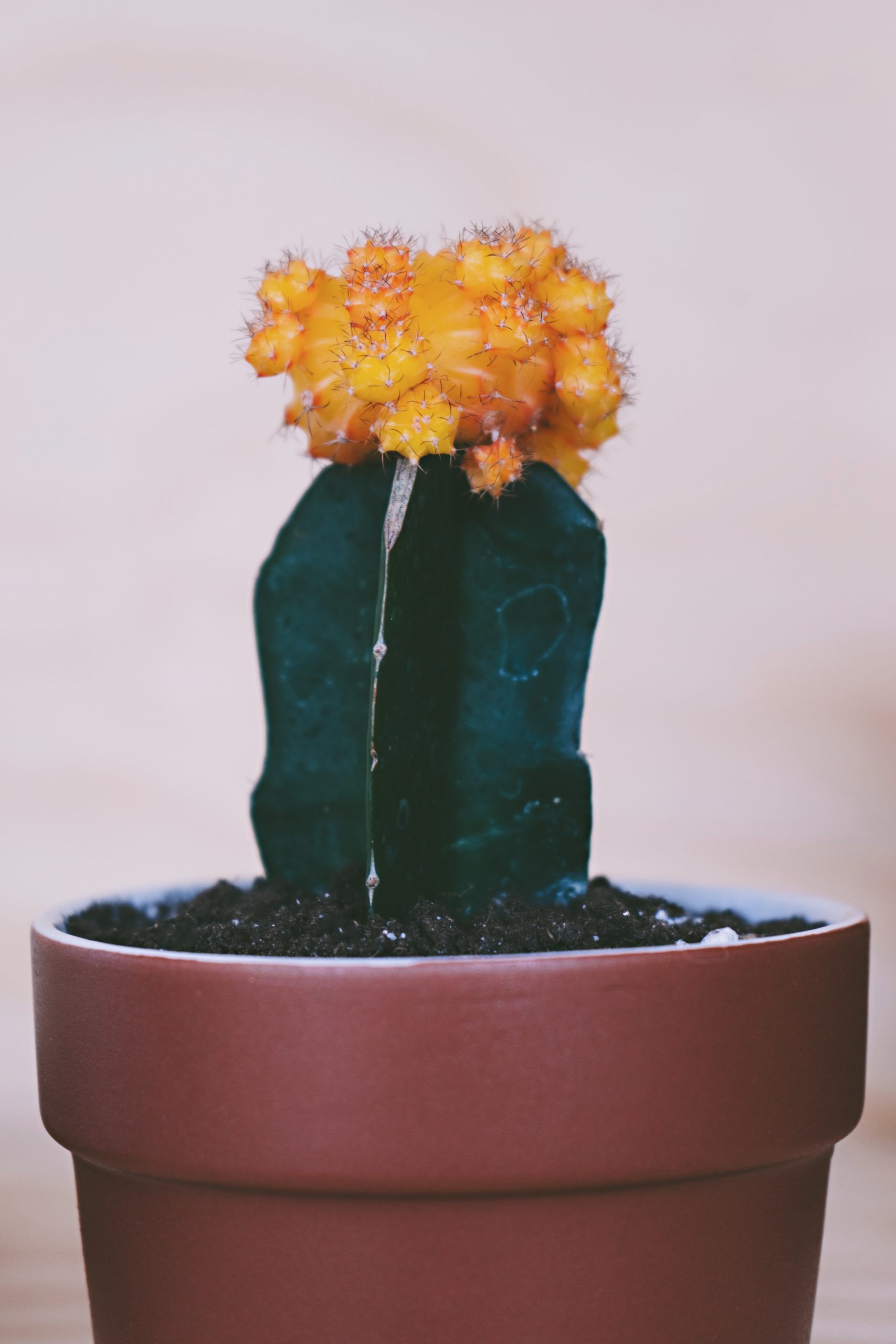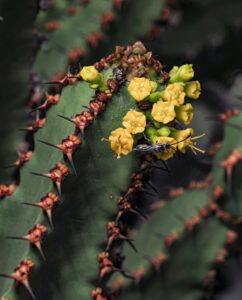
When it comes to owning plants and pets, it’s essential to consider their safety. Many cat owners wonder if the cacti are toxic to cats? The answer isn’t a straightforward yes or no. Let’s take a closer look at this question and understand the potential dangers cacti can pose to our feline companions.
Understanding the Concerns
As a responsible pet owner, I’ve always been cautious about the plants I bring into my home. The day I decided to add a few cacti to my collection, was also the day that raised questions about their compatibility with my curious cat. While cacti are not typically considered highly toxic to cats, they can still be dangerous in some ways.
The Lowdown on Cacti and Cat Safety
Cacti, known for their unique appearance and minimal care requirements, may seem harmless, but there are certain aspects to be aware of:
-
Physical Dangers: Cacti have sharp spines and glochids that can cause physical harm to your cat if they attempt to play with or chew on the plant. These spines can lead to injuries in the mouth, paws, or other sensitive areas.
-
Digestive Issues: While not necessarily toxic in the way some other plants are, ingesting cacti can lead to gastrointestinal problems in cats. These may include vomiting and diarrhea, which can be uncomfortable and concerning for your pet.
Cacti That Can Be Risky for Cats
Although cacti are generally not considered highly toxic, some varieties can pose more significant risks to cats:
-
Christmas Cactus (Schlumbergera spp.): This popular houseplant can cause mild gastrointestinal upset if ingested.
-
Easter Cactus (Rhipsalidopsis spp.): Similar to the Christmas cactus, it can lead to digestive disturbances in cats.
-
Peyote Cactus (Lophophora williamsii): This cactus contains mescaline, a hallucinogenic compound that can be harmful to cats, potentially leading to severe symptoms like tremors, diarrhea, and incoordination.
-
Barrel Cactus (Echinocactus spp.): The spines on this cactus can cause physical injuries to your cat’s mouth, and ingestion may result in digestive distress.
-
Saguaro Cactus (Carnegiea gigantea): The Saguaro cactus, with its sharp spines, can cause physical harm to your cat if they try to interact with it. Ingesting any part of it may lead to digestive issues.
Pencil Cactus– (Euphorbia tirucalli): The Pencil cactus is poisonous to cats.
Taking Precautions for Your Cat’s Safety
As a cat owner, here are some practical precautions to ensure your cat’s safety around cacti:
-
Placement: Keep your cacti out of your cat’s reach. Place them on high shelves, windowsills, or in hanging planters to discourage curious paws, I know this one won’t be easy.
-
Choose Wisely: Opt for cacti varieties with fewer spines and glochids to minimize the risk of injury if your cat does get too close.
-
Supervision: If your cat is particularly curious, supervise their interactions with the cactus to prevent any accidents.
-
Training: Train your cat to stay away from your plants using positive reinforcement techniques, I personally couldn’t train my cat but I heard it can be done, hahaha.
-
Provide Alternatives: Offer your cat safe and engaging toys, scratching posts, or cat grass to divert their attention from the cacti.
In Conclusion
While cacti are not highly toxic to cats, it’s crucial to be cautious when introducing them into a household with feline companions. The physical dangers and potential for mild digestive issues mean that some care and consideration are necessary.
Remember that every cat is different, and what might be a harmless decorative plant to one could pose a risk to another. If you suspect your cat has ingested any part of a cactus or is displaying unusual symptoms, consult with a veterinarian promptly for proper guidance and treatment.
In summary, cacti are not necessarily toxic to cats, but they can be dangerous. By taking the right precautions, you can enjoy the beauty of these unique plants while keeping your feline friend safe and healthy.
Disclaimer: This article is for informational purposes only and should not be considered a substitute for professional veterinary advice. If you have concerns about your cat’s health or suspect they have ingested a toxic plant, consult with a veterinarian immediately for proper guidance and treatment.





